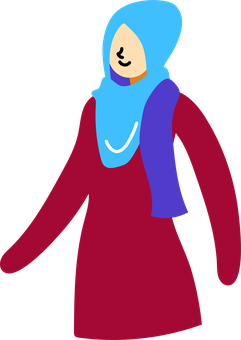The 28th May is International Women’s Health Day. We hear from two organisations about work they’ve done to improve understanding and response to the health needs of women experiencing homelessness.
Earlier this year, Homeless Link published a toolkit to support services to better meet the needs of women experiencing homelessness. We know that women are underrepresented in homelessness statistics, experience homelessness differently to men, and have specific needs which are not always met adequately by services. These needs include effective support around menstruation and menopause for people who experience this.
The Homeless Period
“We strive towards a future where menstruation is a right, not a privilege, for all”
An evidence review conducted by the Centre for Homelessness Research and Practice established that those who are homeless face immense challenges when menstruating. The findings were sobering. Access to menstrual products and clean, private spaces are limited. People are forced to make impossible choices; sacrificing essentials to meet basic health needs or settling for inadequate hand outs. Stigma also compounds their hardship.
Researchers also found that those who do not identify as female but who menstruate, such as non-binary and transmasculine individuals, are notably absent from the research. There is a need to understand and respond to their unique experience.
With additional funding from the The Wellcome Trust through the British Academy/Leverhulme Small Research Grants Scheme, the researchers are digging deeper. Their upcoming research will seek to document first hand accounts of people’s experiences and make actionable recommendations to improve policy and practice that enable people to menstruate while homeless with dignity.
Understanding menopause
“It is something that people face and it's something that needs to be talked about.”
In response to the needs of people experiencing homelessness, and the services that support them, Groundswell have recently published a health resource about the menopause for people experiencing homelessness. This was co-produced with people with lived experience of homelessness and the menopause, caseworkers and health professionals.
People who may be affected by the menopause and homelessness can have other symptoms that makes it harder to identify the menopause, or seek the support they need for it. Through developing the resource, Groundswell learned that people felt as though there was a lack of accessible information and knowledge around menopause, particularly for people experiencing homelessness and additional needs.
The Understanding Menopause resource acts as a guide to help with understanding menopause symptoms, and offers practical advice to help with managing menopause. It can be used by frontline staff to offer guidance and support people to get the healthcare they need to improve the quality of their lives.
Groundswell have co-produced a broad range of resources related to health and homelessness which can be found here.
Supporting people experiencing homelessness with menstruation and menopause
We encourage you to think about what you currently offer, and could improve, for people who access your service. This could include consideration of:
- what menstrual items you offer in your service;
- what spaces are available for people to meet their basic needs;
- what information is available to people about these health needs and support available;
- how confident and capable staff are in discussing menstruation and menopause with people being supported;
- the needs of people with ovaries who do not identify as women;
- thinking about any health partners that can be brought in to support your work in this area.

